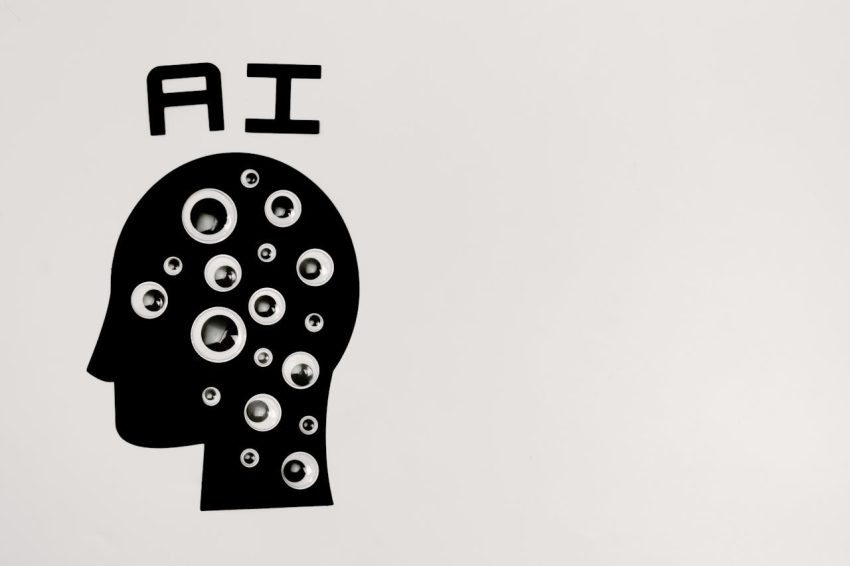In the dynamic realm of digital marketing, Pay-Per-Click (PPC) advertising stands as a cornerstone of online visibility and customer acquisition. Particularly in North America, the demand for streamlined, effective PPC strategies has led to the proliferation of professional white label PPC in Canada & the US, offering businesses scalable and customized advertising solutions. Amidst this landscape, the advent of Artificial Intelligence (AI) and Machine Learning (ML) technologies is forging a new era of digital marketing. By harnessing these advanced tools, white label PPC services are experiencing unprecedented enhancements in predictive modeling, automation, and personalization techniques. This article delves into how AI and ML integrations are revolutionizing white label PPC offerings, setting a new standard for efficiency, precision, and return on investment in North America’s digital advertising sphere.
The Evolution of PPC with AI and ML
Historical Context: The Traditional PPC Model and Its Limitations
The inception of PPC advertising marked a pivotal moment in digital marketing, offering a model where businesses pay only when a user clicks on their ad. Despite its success, the traditional PPC approach often grappled with inefficiencies, including imprecise targeting and manual bid management, leading to suboptimal resource allocation and return on investment.
The Advent of AI and ML in Digital Marketing: A Paradigm Shift
The integration of AI and ML into digital marketing has catalyzed a transformation, endowing systems with the ability to learn from data, predict outcomes, and make informed decisions autonomously. This evolution presents a significant opportunity for white label PPC services to overcome the limitations of traditional models.
Overview of AI and ML Capabilities Relevant to PPC
AI and ML technologies offer a range of capabilities crucial for enhancing PPC campaigns, from predictive analytics and automated bidding to advanced targeting and personalization. These tools not only streamline operations but also elevate campaign performance through data-driven insights and automation.
AI and ML Technologies Powering White Label PPC
Predictive Analytics: Forecasting Performance
Predictive analytics utilize historical data to forecast future outcomes, such as click-through rates and conversion potentials. By applying these insights, white label PPC providers can optimize campaigns for higher efficiency and effectiveness.
Automated Bidding Strategies: Real-time Optimization
AI-driven automated bidding algorithms enable dynamic adjustment of bids to secure the best possible ad placements at the lowest costs. This real-time optimization ensures that campaigns remain competitive, maximizing ROI.
Personalization and Targeting: Enhancing Relevance
Through ML, PPC campaigns can achieve unprecedented levels of personalization and targeting precision. By analyzing user behavior and preferences, ads can be tailored to resonate with specific audiences, significantly improving engagement rates.
ALSO READ: Exploring Data Science Techniques
Benefits of Integrating AI and ML into White Label PPC Services
Increased Efficiency: Streamlining Operations
The automation capabilities of AI and ML drastically reduce the time and effort required for campaign management, from bid adjustments to performance analysis. This efficiency allows for a greater focus on strategic initiatives and client relationships.
Enhanced Accuracy: Minimizing Errors
AI and ML’s data processing capabilities surpass human accuracy, reducing errors in bidding, targeting, and performance predictions. This precision ensures that campaign resources are utilized optimally, avoiding wasteful expenditure.
Superior ROI: Optimized Campaign Performance
By leveraging predictive analytics and automated bidding, white label PPC services can achieve a superior ROI. Tailored ad experiences also contribute to higher conversion rates, further enhancing the value delivered to clients.
Scalability: Managing Campaigns at Scale
AI and ML enable white label PPC providers to manage and optimize a vast number of campaigns simultaneously, without compromising on quality or performance. This scalability is crucial for serving a broad client base effectively.
Challenges and Considerations
Data Privacy and Security
The integration of AI and ML into PPC requires handling vast amounts of user data, raising concerns about privacy and security. Compliance with regulations and implementing robust security measures is paramount to maintain trust and protect sensitive information.
Integration Complexity
Incorporating AI and ML technologies into existing PPC platforms can be technically challenging, requiring significant expertise and resources. Overcoming these hurdles is essential for harnessing the full potential of these advancements.
Continuous Learning and Adaptation
AI and ML models require continuous training and adaptation to remain effective. Keeping pace with changing market trends and consumer behaviors is critical for maintaining the accuracy and relevance of PPC campaigns.
Case Studies and Success Stories
Real-world examples abound of businesses in North America leveraging AI and ML to transform their white label PPC services. From achieving dramatic increases in CTR and conversion rates to significantly reducing ad spend, these case studies underscore the tangible benefits of AI and ML integration.
Future Trends in AI-Driven PPC
Emerging technologies, such as generative AI and advanced neural networks, hold promise for further innovations in PPC. Anticipating and adapting to these trends will be crucial for white label PPC providers aiming to stay at the forefront of the digital advertising domain.
Conclusion
The integration of AI and ML into professional white label PPC in Canada and
the US is reshaping the landscape of digital marketing. By enhancing efficiency, accuracy, and scalability, these technologies offer a competitive edge, enabling providers to deliver superior value to their clients. As the digital advertising ecosystem continues to evolve, embracing AI and ML will be imperative for those seeking to lead in the white label PPC space. The journey toward AI-driven PPC is not without its challenges, but the rewards for businesses and their clients promise to redefine the standards of success in online advertising.
